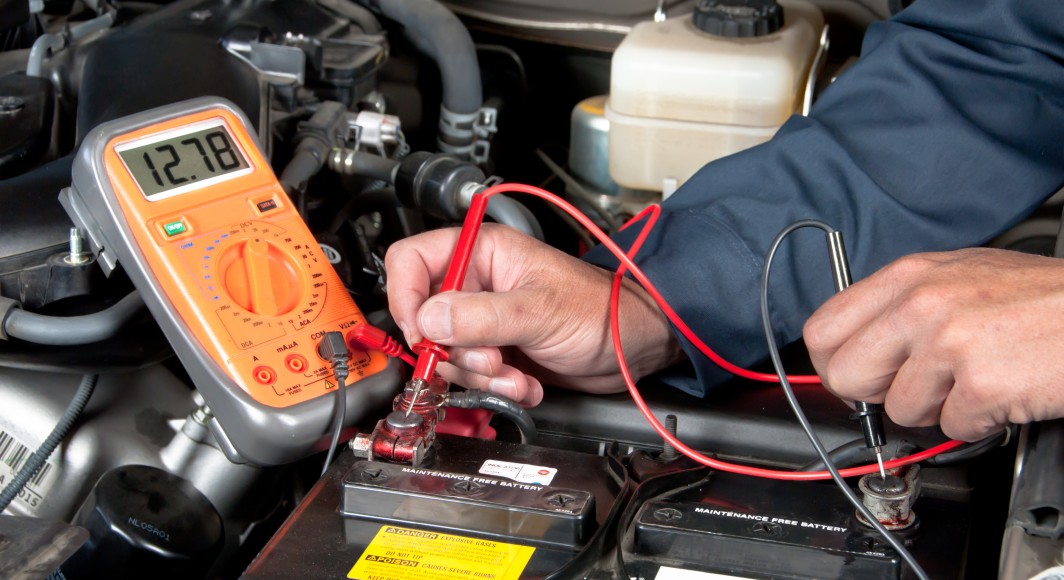
Common causes leading to dead battery
05 October 2023
Every driver has at least once faced the inconvenience of a car that cannot be started due to a dead battery. There are quite a few cases where this can happen even with the battery relatively new and in good condition,
- Insufficient charging of the battery due to damage to the car's dynamo. Even the best battery will give up at some point if it is not charged properly. The diagnosis is very simple, with a measurement of the voltage produced during engine operation. Many times the culprit is the alternator ("auto") regulator not working properly, either undercharging or (even worse) overcharging the battery.
- In case the dynamo works as it should, but the battery is still not fully charged, the first thought is that the car has a battery very different from the one recommended by the manufacturer. Next is - especially if the journeys made are very short - it is not charged as much as it should be, but significantly less. And the problem is compounded, since the significantly lower charge per trip works cumulatively.
- If both the alternator and the battery are within specifications for the particular car model and the battery is still not well charged, there is increased current consumption somewhere. This can be caused either by the installation and use of energy-intensive accessories (large headlights, stereo amplifiers), or through a short circuit in the car's electrical system.
- Even a small short circuit with minimal current consumption can cause problems, since it prevents the car's brain from putting the electrical system into a sleep mode with reduced consumption. Worn cables, faulty fuse boxes, accessories of dubious origin and certification can work wonders, causing disproportionately large surprises!














